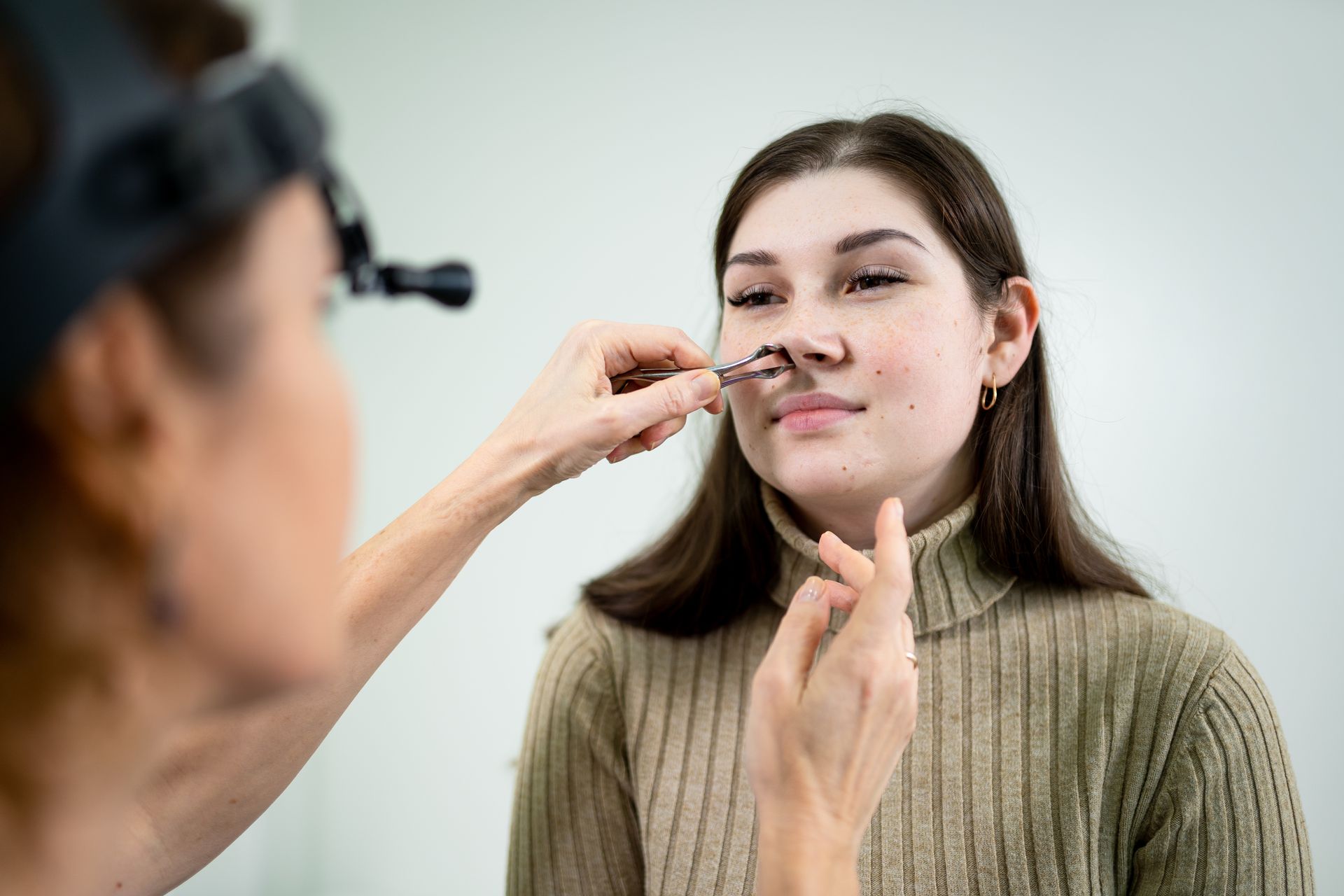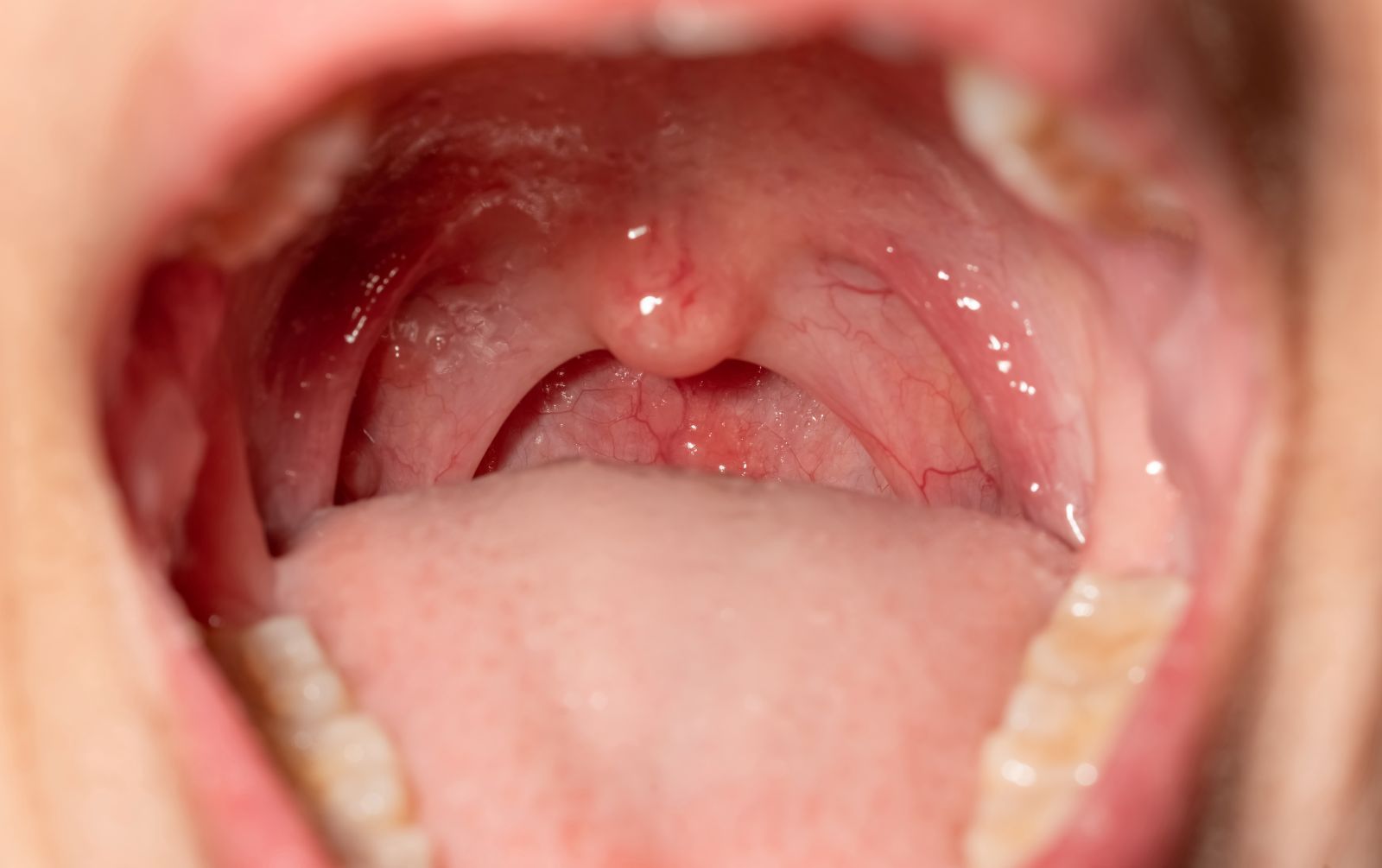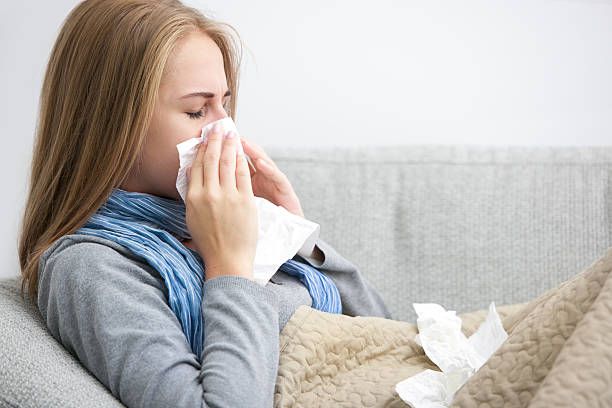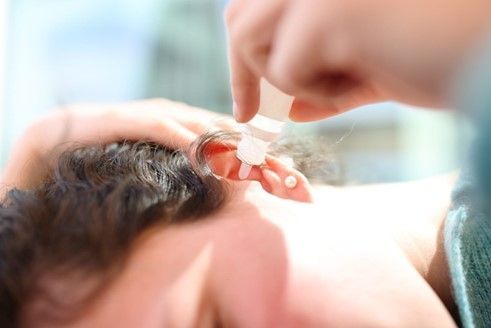What’s the Difference between Allergies and COVID-19 in Louisville, KY?
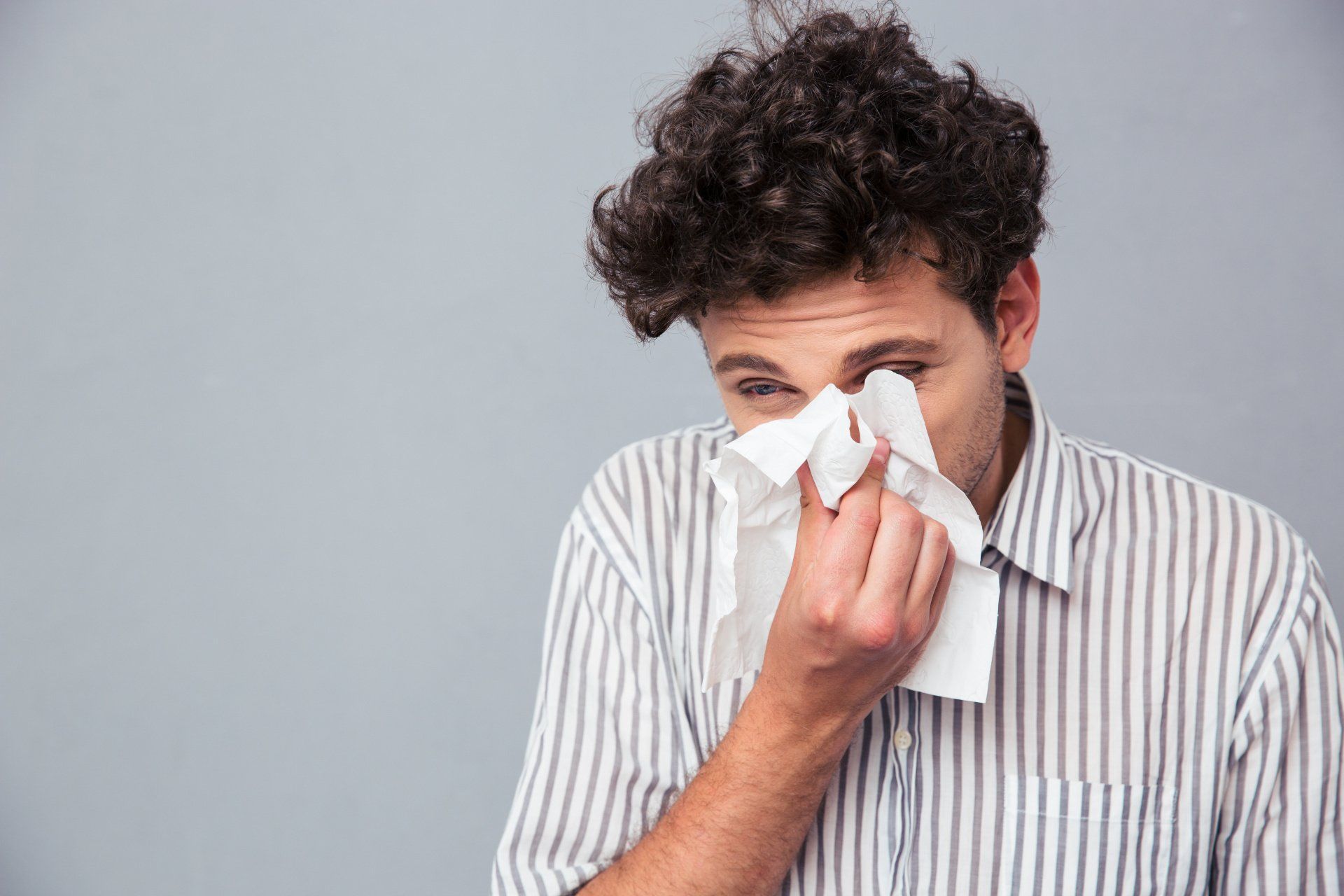
Springtime, in Louisville, Kentucky, can be a enjoyable time of year for most people. However, for allergy sufferers living in the city, getting through spring is a difficult feat. The Asthma and Allergy Foundation of America ranked Louisville the 46th most difficult place to live with allergies in the country.
Given today’s pandemic conditions, we understand that it can be tough for people with allergies to differentiate between their allergy symptoms and COVID-19 symptoms. It also doesn’t help that different people have varying symptoms for the same allergy or that they can have both COVID-19 and allergies at the same time.
But don’t worry! This article can help ease your anxieties. We’ve broken down the key differences between COVID-19 symptoms and allergy symptoms. Keep reading to know more!
What Are Some Allergy Symptoms?
Allergies start when your immune system mistakes a harmless substance for a dangerous intruder and produces antibodies to be on the lookout for it. When you come in contact with this allergen, the antibodies produce chemicals such as histamine which trigger allergic reactions.
Allergies are not contagious, and medication can help you find relief from your symptoms. Here are some of the common symptoms of allergies.
● Repetitive sneezing
● Coughing
● Watery or itchy eyes
● Runny or stuffy nose
● Loss of smell
● Postnasal drainage
● Ear congestion
● Itchy sinuses, throat, or ear canals
What Are COVID-19 Symptoms?
If you have COVID-19, you can exhibit various symptoms, ranging from a simple cough to severe illnesses. Your symptoms usually appear 2-14 days after exposure to the virus. According to the CDC, these are some of the common symptoms of COVID-19.
● Fever or chills
● Cough
● Shortness of breath or difficulty breathing
● Fatigue
● Muscle or body aches
● Headache
● New loss of taste or smell
● Sore throat
● Congestion or runny nose
● Nausea or vomiting
● Diarrhea
How to Tell the Difference Between the Two?
If you’re someone who has had allergies for a long time, it can be a pretty scary time for you right now. If you have a stuffy nose, is it because your allergies are acting up or because you have COVID?
However, there is a simple way to tell if your symptoms are COVID-related or allergy-induced. Most medical professionals recommend taking an at-home COVID test when your seasonal allergies are triggered.
Dr. Thomas Higgins from Kentuckiana Ear, Nose & Throat states that if you experience anything apart from the most common allergy symptoms such as itchy eyes, sneezing, and stuffy nose, you should take a COVID test. He recommends taking the test two days in a row to gain the most reliable results.
We also recommend taking note of any common symptoms you experience and how frequently you experience them. According to Dr. Higgins, a gradual loss of smell is a usual indication of allergies, while a sudden loss of smell could indicate the presence of the BA.2 variant.
Talk to your trusted healthcare experts about your anxieties regarding your allergies. Take an informed decision based on their professional advice. You can also refer to comprehensive COVID-19 resources provided by the Louisville government.
At Kentuckiana Ear, Nose & Throat, we provide comprehensive ear, nose, and throat medical and surgical services. Our physicians are experts in the field of otolaryngology and offer a wide range of adult and pediatric services. We provide efficient and accessible ENT care to patients in Louisville, Kentucky, and Jeffersonville, Indiana. Request an appointment today! If you have any questions, you can call us at 502-894-8441 or contact us online.
